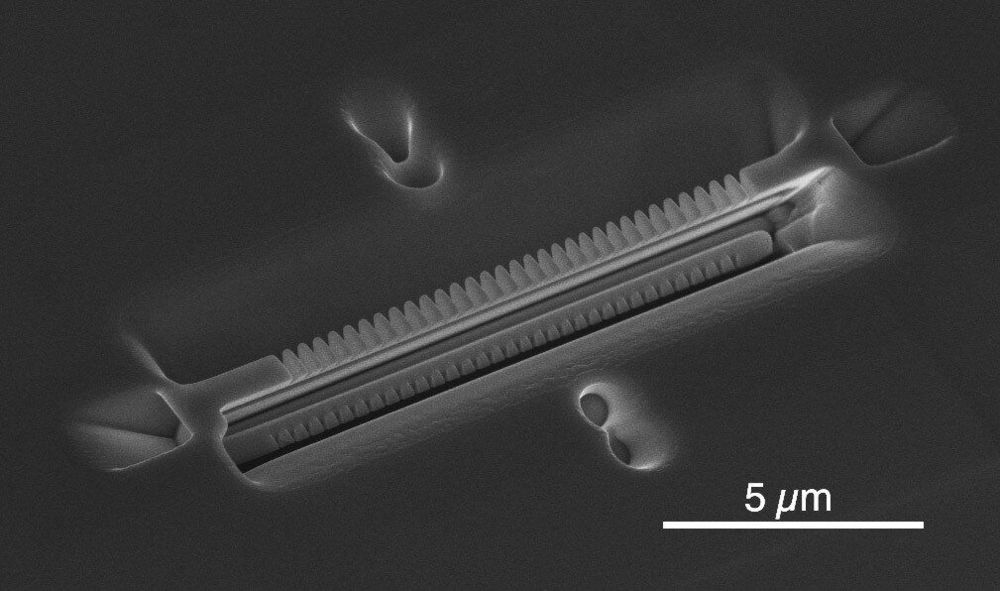Engineers at Caltech have shown that atoms in optical cavities—tiny boxes for light—could be foundational to the creation of a quantum internet. Their work was published on March 30 by the journal Nature.
Quantum networks would connect quantum computers through a system that also operates at a quantum, rather than classical, level. In theory, quantum computers will one day be able to perform certain functions faster than classical computers by taking advantage of the special properties of quantum mechanics, including superposition, which allows quantum bits to store information as a 1 and a 0 simultaneously.
As they can with classical computers, engineers would like to be able to connect multiple quantum computers to share data and work together—creating a “quantum internet.” This would open the door to several applications, including solving computations that are too large to be handled by a single quantum computer and establishing unbreakably secure communications using quantum cryptography.
